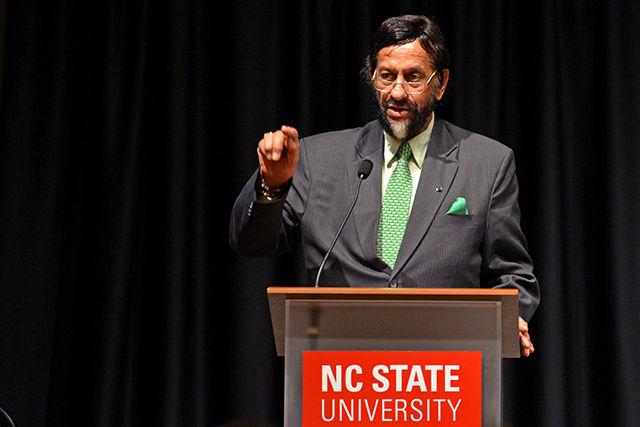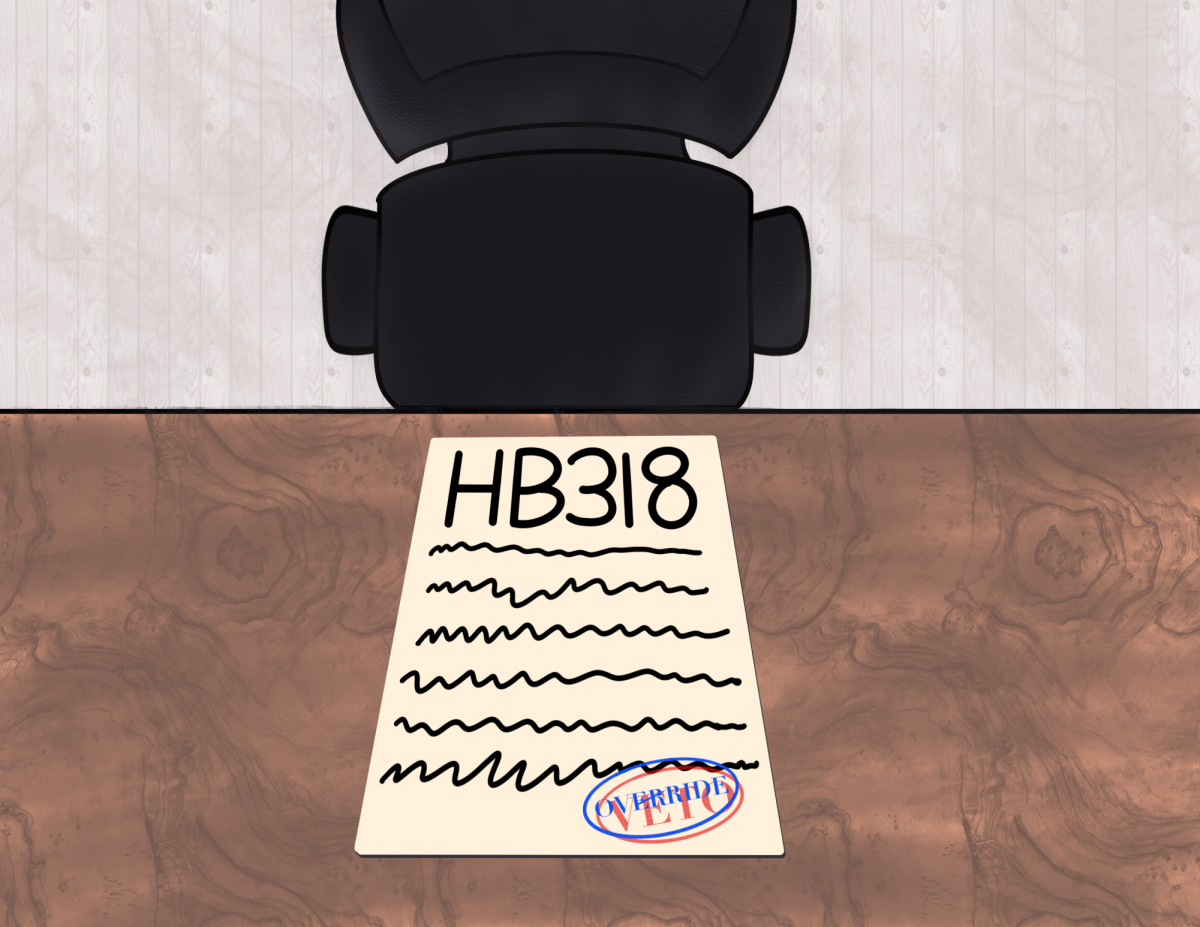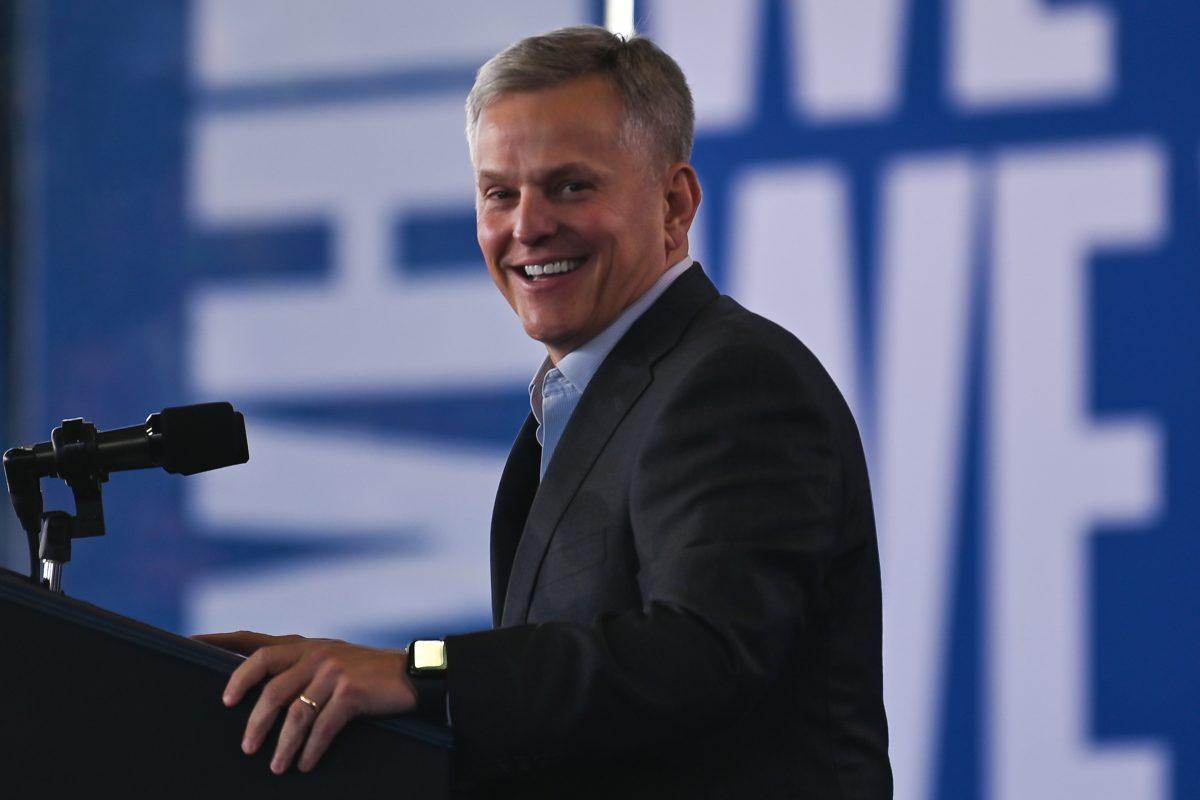Editor’s Note: The headline and article originally stated that Rajendra Pachauri was the 2007 Nobel Peace Prize Laureate. This is incorrect, as the Intergovernmental Panel on Climate Change, the organization of which he is the chair, shared the award with former Vice President Al Gore that year.
Rajendra Pachauri, chair of the Intergovernmental Panel on Climate Change, and an NC State graduate, returned to his alma mater to discuss climate change and the human implications that are causing it Monday in the Talley Ballroom.
Pachauri holds a handful of honors and accomplishments from prestigious international organizations, and was chair of the IPCC in 2007 when the organization was awarded the Nobel Peace Prize, sharing the honor with former Vice President Al Gore. He also holds an honorary degree from Yale University, spoke at a United Nations conference, is currently chairman of the Intergovernmental Panel on Climate Change (IPCC) and is the CEO of The Energy and Resources Institute in New-Dehli, with which he said he was in the process of forming a study abroad partnership with NC State.
“Sustainable development is development that meets the needs of the present without compromising the ability of future generations to meet their own needs,” Pachauri said.
Pachauri began the lecture by expressing his joy and nostalgia about being back at NC State.
“It gets better every time I come here,” Pachauri said.
According to Pachauri, the IPCC’s fifth Assessment Report has three working groups as of now: The Physical Science Basis; Impacts, Adaptation and Vulnerability; and Mitigation of Climate Change.
The IPCC sets up and runs models that takes into account environmental and extraneous factors, such as volcano eruptions, and carefully analyzes the results to figure out how much of climate change is natural and how much is human influenced.
The study found 95 percent of climate change is due to human influence. Today, climate change is noticeably warming the ocean and atmosphere, increasing sea levels and diminishing snow and ice.
Pachauri said he personally noticed the massive amounts of ice on Earth while on a trip to the Arctic and Greenland.
“If, as the current indication is, melting does take place, then obviously it would lead to a much larger sea level rise than we have seen in the past,” Pachauri said.
In addition to climate change and its environmental ramifications, Pachauri also emphasized problems with city development, hitting on topics of food security, human health, poverty and the economy.
Pachauri repeated the theme in his lecture that humans need a regulatory stance on climate change now rather than later.
“Adaptation will not work after a certain stage,” Pachauri said. “We have to reduce green house gases.”
By his prediction, in order to live safely, there should be no emission or even negative emission of greenhouse gases by 2100. He listed strategies to reach that stage including bioenergy and other renewable energies, more forests and carbon capture storage, which is still in the process of being developed.
“We cannot have sustainable development with climate change,” Pachauri said.
Evan Brooks, a freshman in molecular and cellular biology, said he was inspired by Pachauri’s speech, even if the lecture was not a direct call to action.
“I felt that Dr. Pachauri really did an amazing job bringing different perspectives and data together to form a holistic approach to the state of climate change and the global environment,” Brooks said. “The talk seemed like an unintentional call to action, and he has definitely influenced me to do more to help protect the environment and reverse the damage that we have done already.”
Jack McKenzie, a freshman in biology, said his environmental science class often talks about the IPCC, so it was an honor to hear from the chairman himself.
“The IPCC was often discussed in my environmental science class so it was an honor to hear from the chairman himself,” McKenzie said. “I now consider myself to be more aware of the empirical findings supporting man’s influence on global climate change.”
Pachauri joked about speaking at a UN Conference with Leonardo DeCaprio and attending a Yale honorary degree ceremony with Paul McCartney, saying he learned never to share the stage with a celebrity because they receive all the attention.
Pachauri concluded his talk with a quote by Mahatma Gandhi.
“Speed is irrelevant if you are going in the wrong direction,” Pachauri said. “Let’s correct our direction and see that we relieve climate change effectively.”





